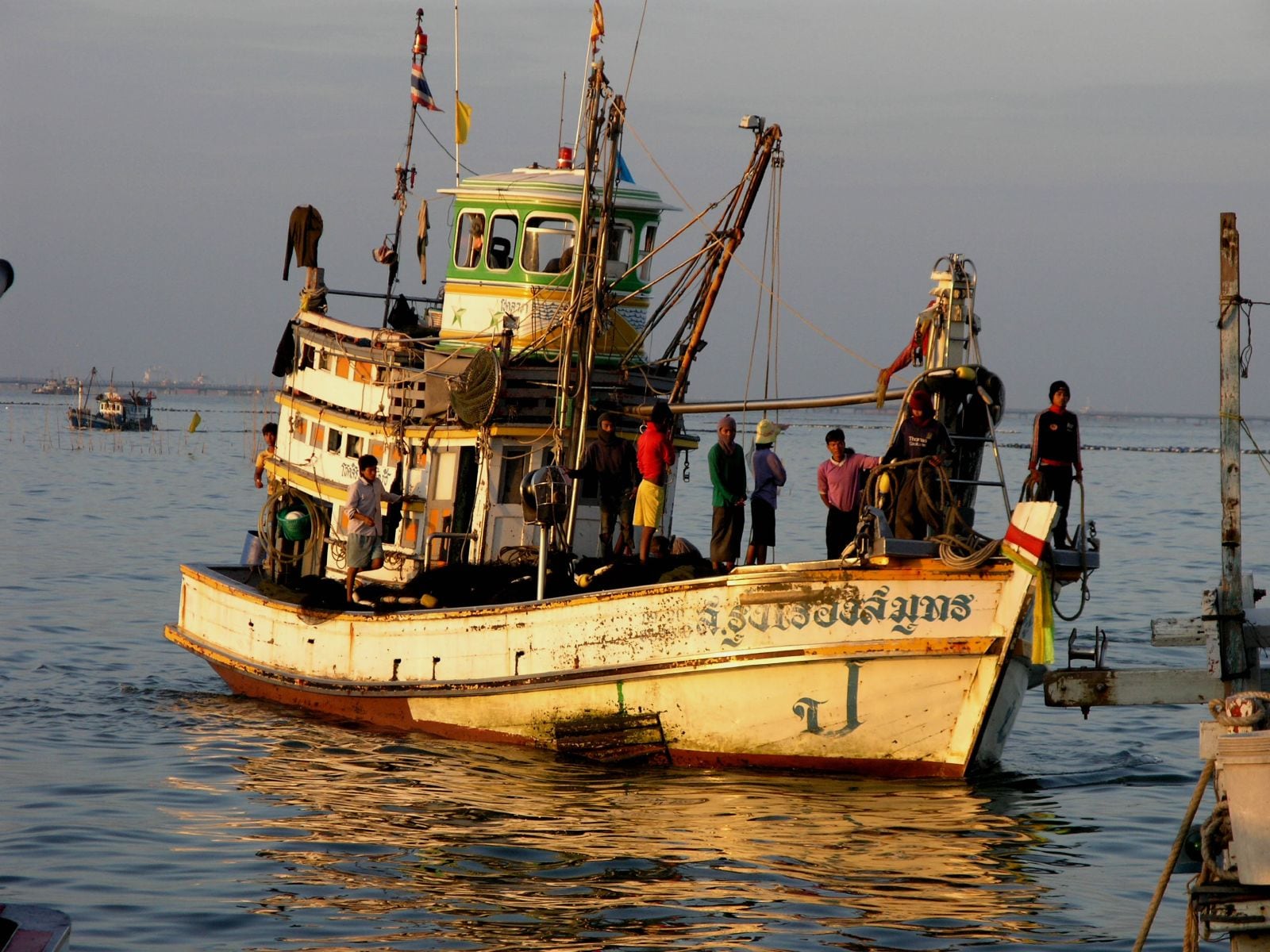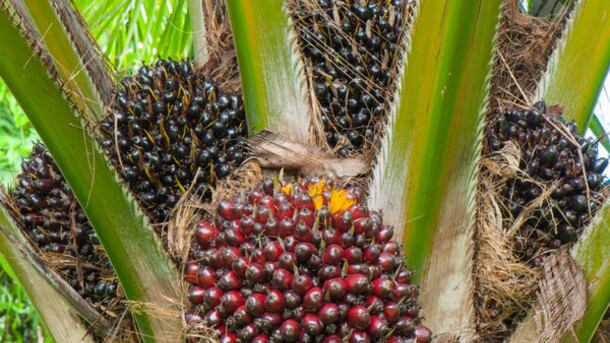Neither will it apply to growing-up milk, and powdered, ready to drink, flavoured and fermented milk with less than five grams of sugar per 100ml.
These categories feature in an updated version of the Tax Reform for Acceleration and Inclusion (TRAIN) legislation presented by Sonny Angara, chairman of the Ways and Means committee, for approval by the Senate.
Angara said the committee had been unable to justify a tax on a nutritional like milk, whereas the other sweetened beverages featuring in the bill had been shown to be unhealthy.
Three-in-one coffee mix was also excluded from the updated TRAIN legislation due to demographics that suggest that nine out of 10 consumers of the product are on low incomes and would be hardest hit by the tax.
Meanwhile, the Federation of Philippine Industries warned that the proposed tax under would result to a 40-60% drop in sales at 1.3m sari-sari stores and small food businesses.
The lobby group added that the tax would translate to a 25-50% increase at these mom-and-pop establishments—which account for some 40% of all soft-drink sales in the country.
FPI Chairman Jesus Arranza said the tax would be discriminatory, with consumers from the two lowest socioeconomic groups accounting for 79%of soft drinks consumption, according to a Nielsen study.
“This discriminatory nature also promotes a radical imbalance in the business landscape,” Arranza said.
“The rule of taxation must be uniform and equitable; the tax in its current form stands in violation of competition laws, equal protection of law, and even free-trade agreements that the Philippines is signatory to.”
He also urged the Philippine Competition Commission to campaign against the proposed tax, saying: “I think it’s about time for the PCC to come out with their opinion, considering that this is a subject matter being discussed now openly.”
More from Southeast Asia...
Study shows sheer scale of modern slavery on Thai seas
The first comprehensive study documenting the prevalence of forced labour has found that 38% of fishermen on Thai fishing vessels identified as victims of trafficking exploitation.

The survey, commissioned by anti-slavery NGO the International Justice Mission and funded by the Walmart Foundation, questioned migrant fishermen who worked on Thai boats from 2011-2016.
Of those questioned, 14% said they had been physically abused, 31.5% had witnessed a crewmate’s abuse at sea and 76% had accrued debt before they had even started work.
“No person should have to live under the oppression or ownership of another, and, as consumers, we shouldn’t have to wonder if the products we’re purchasing are the result of violent injustice,” said Gary Haugen, chief executive of IJM.
The NGO believes that Thailand’s government has made significant efforts to combat human trafficking since strengthening its anti-trafficking legislation twice in recent years.
In 2015 it deployed specialist anti-trafficking units across the entire criminal justice system and legislated for criminal procedures.
But unless the Thai system “routinely and effectively holds traffickers accountable, boat captains, brokers, recruiters, local business owners and complicit, officials will continue to abuse vulnerable migrant labourers at sea and on shore with impunity,” the organisation said in a statement.
“Progress against human trafficking is being made, but there is still more work to do,” it added.
Palm oil production to revive following departure of El Niño
Global palm oil production is expected to grow by 6m tonnes this year, after output was hit hard in 2016 due to the strong effects of the lingering El Niño weather system from the previous year.

According to Research and Markets, Southeast Asian palm oil yields fell in 2016 to 3.26 tonnes per hectare, compared to 3.62 tonnes per hectare in 2015.
Because of the weight of Indonesia and Malaysian production—together they account for 85% of the world’s output—this drop caused global availability to fall for the first time in almost 20 years, the data agency found.
Global palm oil consumption has grown consistently at approximately 7% per year for the last two decades, with demand getting a substantial boost from rising consumption in India and China.
It is expected that Indonesia will produce 36.5m tonnes of palm oil this year, an increase of 3%.
